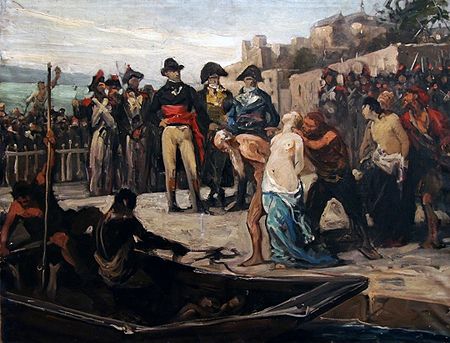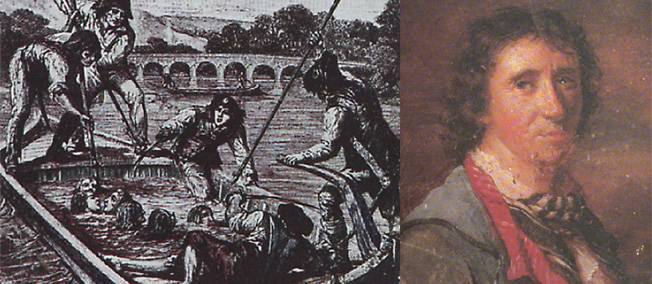A small part of mankind had the courage to try to make man into. . . man. Well, the experiment was not successful.

Наяды


 "Если грехом Люцифера была духовная гордыня, которая привела его, почти случайно, к использованию зла, как необходимого средства для достижения трансцендентного конца, Сен-Жюст был Люцифером"...
"Если грехом Люцифера была духовная гордыня, которая привела его, почти случайно, к использованию зла, как необходимого средства для достижения трансцендентного конца, Сен-Жюст был Люцифером"...


 Ну теперь-то я точно подтяну француский
Ну теперь-то я точно подтяну француский
 Или считал, что ему недоплатили... А кстати, куда он девал деньги?... Вроде у него с деньгами после революции всегда были проблемы. Зарыл где-нибудь и забыл где!
Или считал, что ему недоплатили... А кстати, куда он девал деньги?... Вроде у него с деньгами после революции всегда были проблемы. Зарыл где-нибудь и забыл где! 